
14 minute read
Self-determination Theory informed mentoring
Self-determination Theory informed mentoring
Self-determination theory (SDT) is arguably the most well-evidenced framework for understanding how to improve well-being and motivation. SDT has over 350,000 Google Scholar citations to date from multiple academic teams around the world. At Noise Solution, we use SDT to inform how we encourage the right feelings that SDT tells are are vital for well-being to flourish. Our approach avoids medicalising or problematising people. We allow the participant to drive their own change. We stay clear of trying to find a 'magic-bullet' activity or procedure that we ‘do to' people to try and 'fix them’. It’s these ingrained values and practices that go some way to explaining our success.
SDT states that we need to facilitate three key psychological needs: competence, autonomy and relatedness, and we've mapped this framework to a Noise Solution set of sessions. Participants experience autonomy from the outset when they are
Autonomy
Relatedness Competence
asked: “What music would you like to make?” They individually design every programme with the musician around their own musical interests. It’s then our job to make each participant feel a sense of competence. It’s our knowledge of how to get ‘quick wins’ using music technology with them that achieves this. Highlights of every session are captured and securely shared with family and key workers through our cloud platform, enabling them to contribute via comments over the weeks, creating a community around the participant providing a sense of relatedness. In this way, we build a new strengths-based narrative around the participant that encourages the protective factors evidenced to increase motivation and well-being.
Watch this short film to see what that looks like:

Watch the video above to hear and see how we improve well-being and motivation.
Our new group work offer
In August 2019, Noise Solution was successful in a grant application to the Spirit of 2012 Carers Music fund for a group work project in partnership with Suffolk Family "With the group, I was able to build friendship Carers. Our interest in this grant was to and help social anxiety, andI learned how to test whether or not we could apply our work in a group; we all got a chance to share our own experiences. (..) it (the sessions) helped 1:1 pedagogy and theory of change to a me relax and helped me think about something group work context. If we could make it else; it was a safe place for me.” work, we would be able to generate multiple sets of impact in one group as well as develop another programme which would be suited to small groups. We began this project in November 2019 and completed it in December 2020. We initially intended to deliver these sessions face-to-face, but the onset of the pandemic forced us to move all sessions online from March 2020. Across the lifetime of the project we engaged with 95 young women with caring responsibilities across Suffolk, either in a group work or 1:1 context. This was an incredibly challenging piece of work in itself, made even more difficult with the onset of the pandemic. Despite all the challenges, we now have a group work offer suitable for small groups of participants (around 6 per group) which can be delivered either online or face-to-face. You can find out more here.

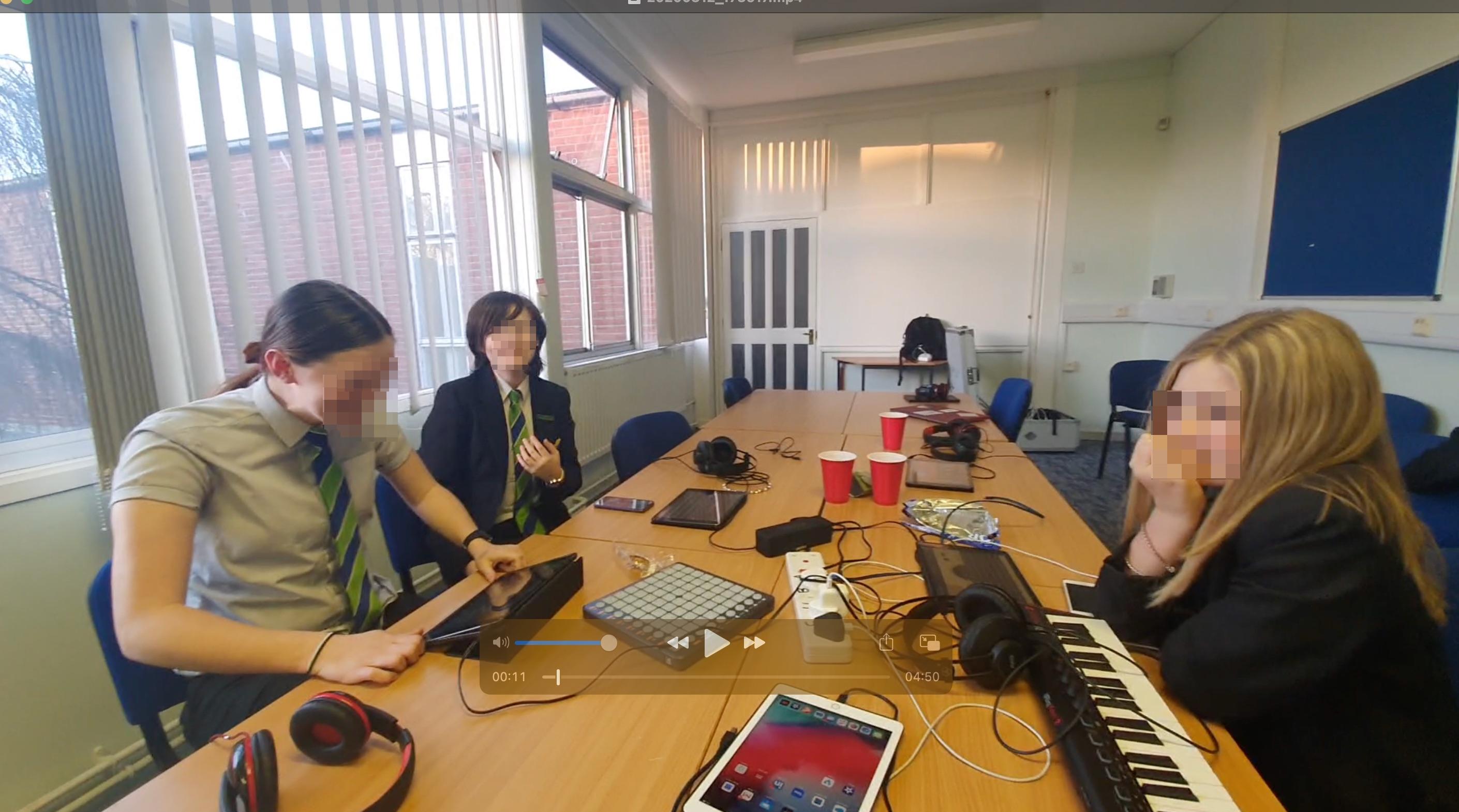



Our response to Covid-19
In March 2020, our lives and our work changed significantly. Since 2009, we’ve delivered face-to-face, one-to-one music mentoring in participants homes, schools, community centres, recording studios and other community venues. Overnight, our ability to engage with participants face-to-face was removed.
Noise Solution has always been digitally native; our use of music technology (predominantly laptop-driven) alongside digital tools such as the Participant Community meant we weren’t approaching this issue from a standing start.
While we were used to operating digitally, we still had to figure out the answers to the following questions:
1. How can we create music digitally with our participants using tools which were easily available, easy to use, do not require any downloading and would work across a variety of devices? 2. How can we reach into participants’ homes and engage with them digitally? 3. How can we build relationships with participants and those around them remotely?
Within four days, we had a viable online offer available using a combination of our current digital infrastructure, VIP Studio Sessions from Charanga® (a browser-based music-making tool) and integrated Zoom video calling. We started working with current participants online from the end of March 2020.

Over the last 12 months, we have worked hard to develop and refine this initial digital offering, taking

what we know about Self Determination Theory and applying this to a digital experience, while being mindful of the need for proper, robust safeguarding management processes.
We now have a 100% digital offer which:
• Uses VIP Studio Sessions by Charanga®, which offers a browser-based
Digital Audio Workstation and lots of bitesized tutorials in a wide variety of genres for between-session learning.
• Automatically creates individual Zoom links and passwords for each session which is made available to the participant within the Participant
Community 15 minutes before each session.
• Has inbuilt safeguarding systems and processes where anyone who uses the Participant Community can log a concern easily, and this concern is flagged to senior staff immediately. Safeguarding concerns are managed within our digital infrastructure meaning nothing is missed, and the Board is able to view (anonymous) safeguarding cases in their own Community.
• Automates the sending out of the right information to the right people in the right way (including video messages) at the right time to encourage easy, enjoyable and impactful engagement with the Participant
Community.
This move to digital working has made us also develop other infrastructure. We have built a Recruitment Community, where prospective Musicians can upload the documents required for our safer recruitment practices with checks in place to ensure we collect all the right information, every time. We have also developed a video-based induction and training process for Musicians, meaning we can now recruit and train Musicians anywhere in the country.


Delivery data
The data below relates to all Noise Solution delivery between 01/04/2020 and 31/03/2021.
Hours delivered:
Home/school - 296 hours Online 1,545 hours Studio 307 hours
Attendance: 80% Completion: 74%


GENDER BREAKDOWN
Not disclosed 15%
Other 2%
Female 37% Male 46% While our delivery footprint remains mostly in the East of England, our ability to now deliver online means we are able to reach other parts of the country.
The switch from face-to-face to online working coupled with the uncertainties surrounding the pandemic has meant that some of our data collection was challenging, especially in the early days.
Our systems and processes are now much better,
and the quality of the data we collect has also now improved.
Diversity, equality and inclusion
In 2020, the world watched an horrific 8-minute video that documented the murder of George Floyd in the United States. Suddenly, instantly, an awakening about racial injustice went global, including here in the UK.
Noise Solution helps people create music as part of an approach to help improve their well-being and motivation. Increasingly, our work is reaching beyond the East of
AGE RANGE
Under 11 or not given 11-16 16-24 24-30 Over 30
England, with online sessions now enabling us to reach the homes of people right across the UK.
This presents more opportunities to change lives, and it also brings us into contact with people whose backgrounds may differ drastically from our own. While undoubtedly our work is primarily to help create an environment where individuals can be autonomous and flourish, the ability to successfully do this with people who have a kaleidoscope of varying identities will be crucial and requires consistent engagement with topics and issues that can impact our work.
Noise Solution wants to do much more for diversity, equity and inclusion across all of our work. We have set up a Board subgroup led by Dr Ronda ŽeleznýGreen. Dr Železný-Green is a mobile technologist, trainer, and researcher with gender expertise, whose professional experience spans the public, private, and civil society sectors. She has provided quantitative and qualitative market insights and project implementation leadership for a wide range of stakeholders including schools, mobile network operators, governments, and international NGOs.
This work will inform the diversity data we collect and crucially why we collect it and what we do with it. This is an active piece of work and we will be reporting on it in due course.

Impact Data
As an organisation, Noise Solution aims to positively impact on well-being. This is because of the wealth of evidence which shows that if we positively impact on wellbeing we get better health, social, education and engagement outcomes. These are all the things other organisations are aiming to achieve, often in isolation.
Noise Solution measures its impacts on well-being using the Shortened Warwick Edinburgh Mental Wellbeing Scale (SWEMWBS). SWEMWBS was developed by
Dr Železný-Green
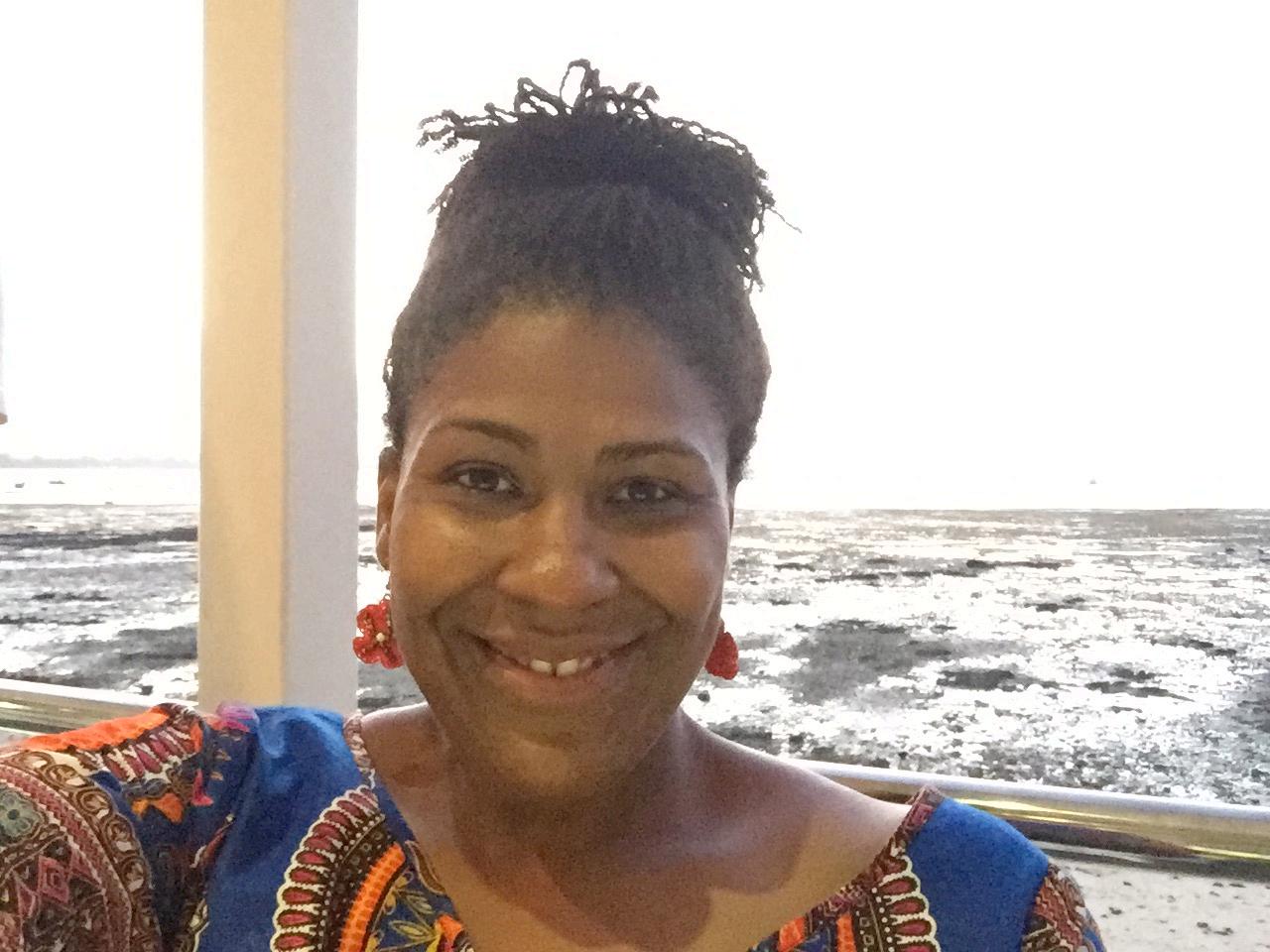
Warwick and Edinburgh Universities and the NHS and has been used at scale multiple times. This means we have a national sample size (c. 60,000 responses) against which we can compare our performance. This sample size gives us reliable bandings of low, medium and high levels of well-being to benchmark our results against.
The chart below shows our impact performance for the period 01/04/2020 to 31/03/2021 across both face-to-face and online provision. We saw:
• A 24.33% reduction in low well-being;
• A 13.51% increase in moderate well-being, and;
• A 10.81% increase in high well-being.
Additionally, we saw 68% of our participants finish at or within a meaningful range of the national well-being average (an increase of 35%).
If we look at online delivery only during this period, we see:
Before After
Low
Yes 41% No 32%
Within two points 27%
Medium High
Before After
This shows:
• A 25% reduction in low well-being;
• A 20% increase in moderate well-being, and;
• A 5% increase in high well-being.
Our platform performs all these calculations and many more automatically, and you can watch a short film about our impact capture and analysis below.
Low Medium High
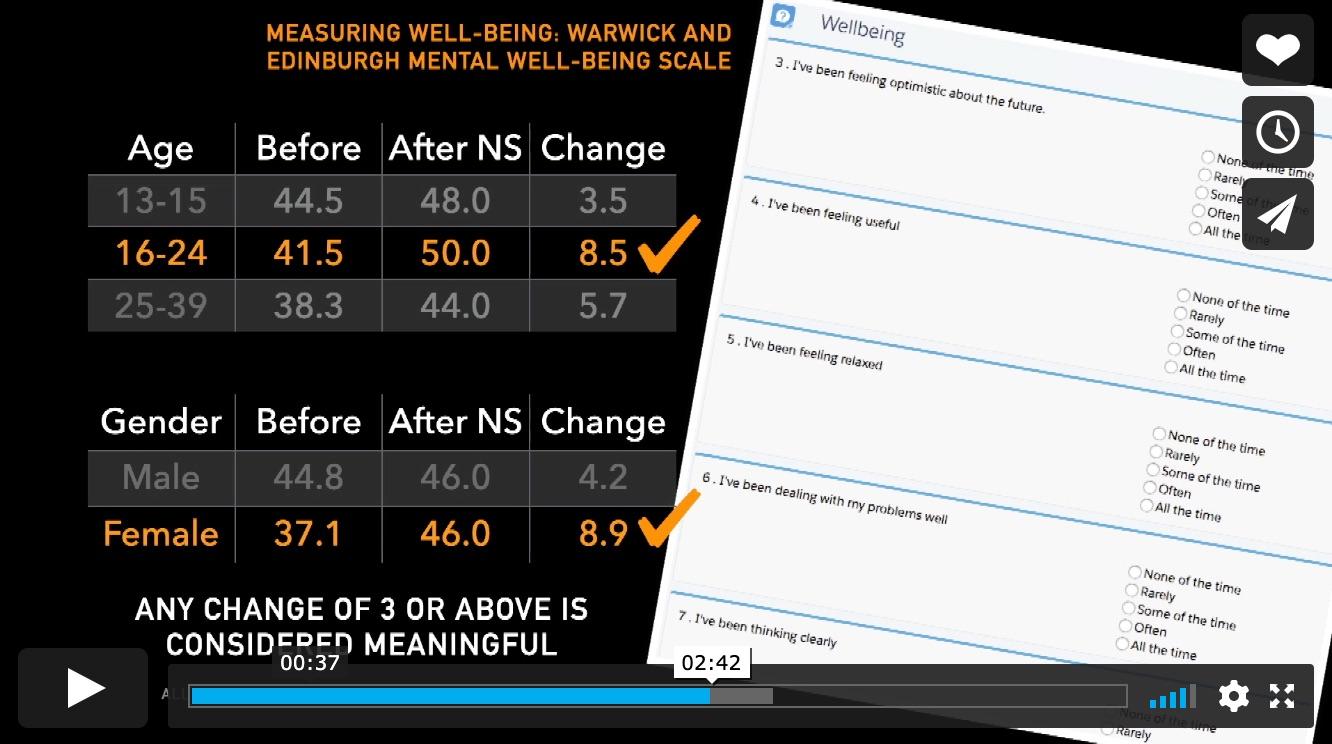

Video about Noise Solution’s impacts
Meet the board
Between February and April 2020, we went out to recruit new Non-Executive Directors to complement our current Board as we look to grow Noise Solution. We are incredibly proud to have received such an excellent response and to now benefit from a Board with such experience and commitment to our work.






Dr Mike Blows is a Consultant Child Psychiatrist for Norfolk and Suffolk Foundation Trust.
Mike is also Medical Lead for Looked After Children, acting as an expert advising on child welfare cases in the family courts.
Nettie is a mental health nurse and has worked as a practitioner, team leader and manager in the public sector, voluntary and private organisations for over 30 years.
Nettie got involved with Noise Solution having seen first hand the positive difference that using creativity and music with people across all ages can make to their well being and self esteem.
Dr Ronda Železný-Green is a mobile technologist, trainer, and researcher with gender expertise, whose professional experience spans the public, private, and civil society sectors. She has provided quantitative and qualitative market insights and project implementation leadership for a wide range of stakeholders including schools, mobile network operators, governments, and international NGOs.

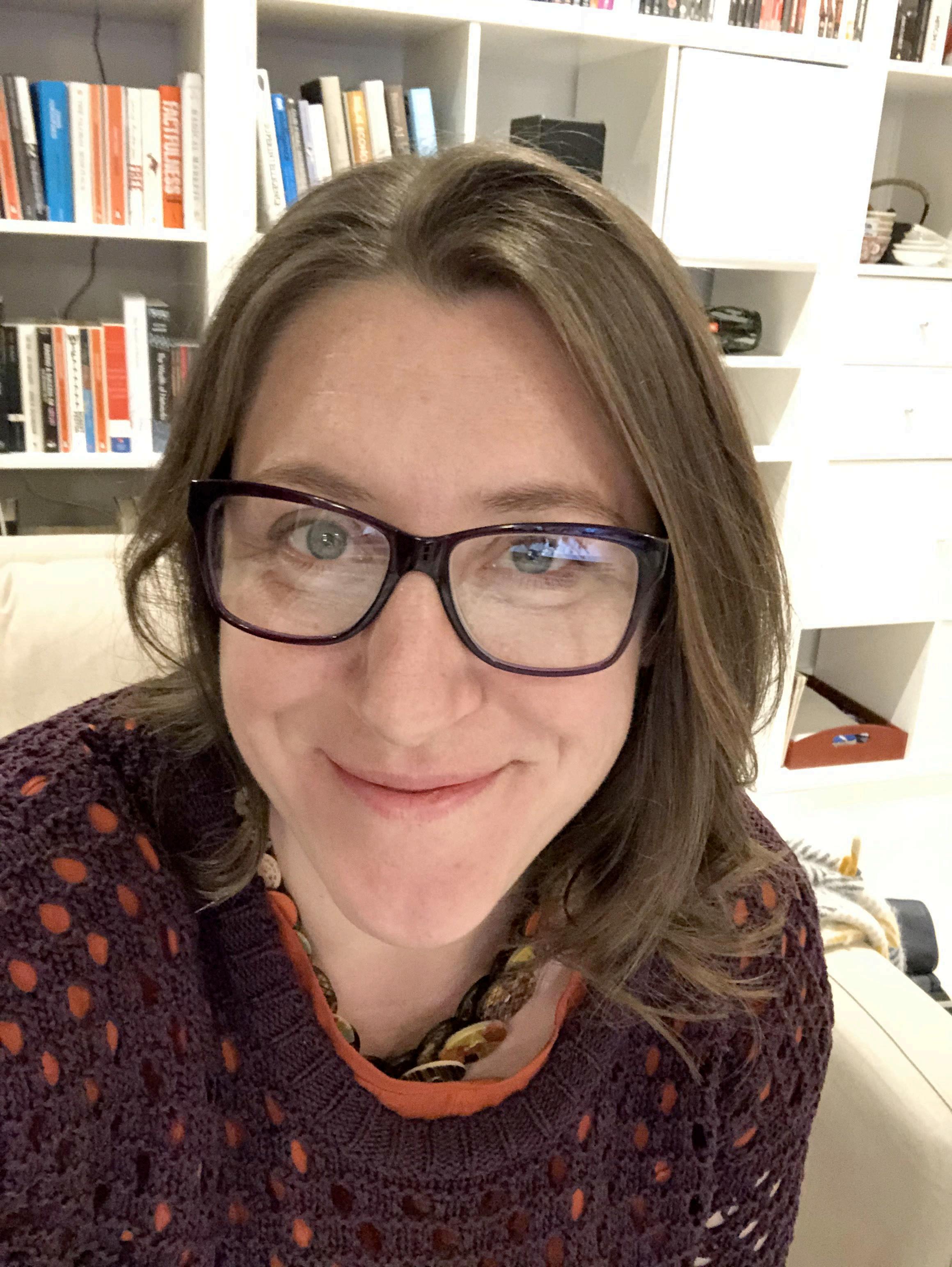


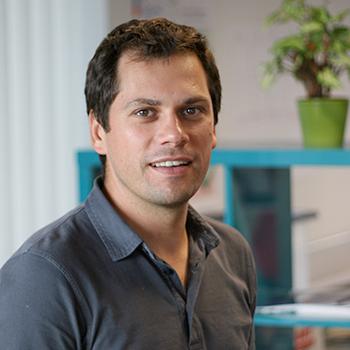
Dr Kimberley Bartholomew is an academic working in the School of Education at the University of East Anglia.
Her research is primarily based within the framework of SelfDetermination Theory (SDT) and aims to inform the implementation and evaluation of intervention programmes designed to facilitate optimal motivation, well-being, and performance in young people.
Kimberley has worked closely with many eminent SDT scholars, including the theory’s co-founder, to provide important conceptual advances to the theory and its application.
Tamzin Byrne is currently working at Cambridge University supporting social entrepreneurs to get started and grow with Cambridge Social Ventures. Tamzin has also been involved in educational strategy, student welfare and advocacy as a Trustee of Murray Edwards College and of the Cambridge University student unions. Before coming to the UK, Tamzin worked in communication and partnership roles in scientific research, with universities, research institutes and government in Kenya and Australia.
Adrian Alexa is technology entrepreneur, highly passionate about the health-tech space, especially the intersection of life-sciences, digital technologies, data sciences and healthcare. He loves crafting products, solving challenging problems and building motivated teams. This is reflected in the fantastic culture developed at the genomic software startup he co-founded, repositive.io. He is business savvy, with a strategic mindset always looking into balancing technology, product requirements and design with the market needs.




Anindita is a financial services executive with a wealth of experience in business strategy, operations, technology and risk management, gained through 19+ years with leading international financial services institutions.
Anindita is passionate about driving positive social impact, leading on tech-for-good strategy to promote financial capability and inclusion in her latest role at HSBC and through her voluntary roles as a mentor to purpose-driven individuals (On Purpose associates, UnLtd social entrepreneurs) and a Trustee of Good Vibrations charity that supports vulnerable communities.
Andrew Tunnicliffe comes from the insurance sector, having held senior positions with large multinational organisations such as Aon Global Risk Consulting, Chief Operating Officer for Aon Risk Solutions (EMEA) and latterly as Chairman (Global & Specialty) for Aon.
Andrew brings big business acumen and a keen eye for risk management.
Future plans
We have a number of exciting plans in the pipeline for the next 12 months and beyond. The development of our digital infrastructure has opened up a number of complementary opportunities to further develop our work, both in terms of our geographical reach but also in terms of innovative digital developments to further enhance our application of digital youth work.
Being able to deliver digitally means we are now able to engage with participants wherever they may be, including outside of our current geographical footprint of the East of England.
We have already been working with participants in the North of England, the West Country and the Midlands. We are now developing more formal relationships with national organisations to deliver online support in all parts of the country with a view to developing local links and then being able to deliver face-toface work with local Musicians in other parts of the country.
We are aware that the digital infrastructure we are building is applicable to many other organisations and we are frequently asked if we are able to licence it.
We are actively looking at preparing our digital infrastructure for use by other third and public sector organisations.
The last 12 months have demonstrated to us the opportunities which can be provided by the smart use of technology.
We are working on leveraging the opportunities provided to us by artificial intelligence and machine learning to turn our rich qualitative data (from our digital stories) into actionable impact insights.







